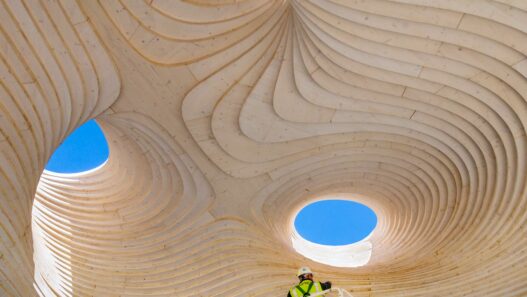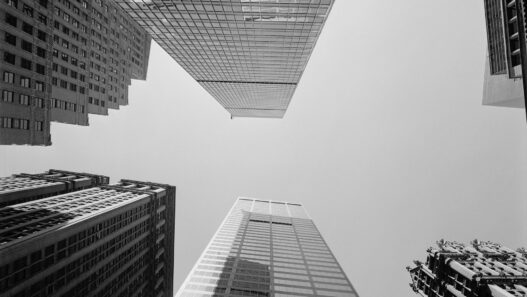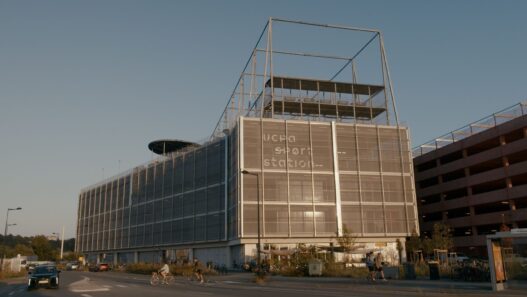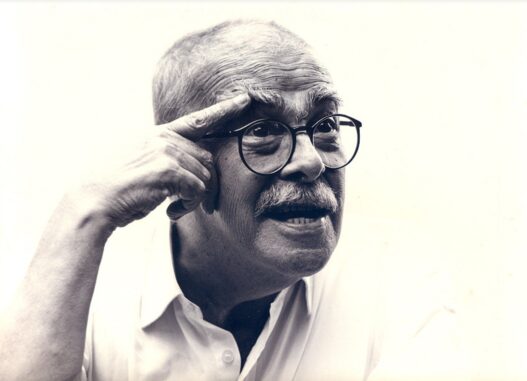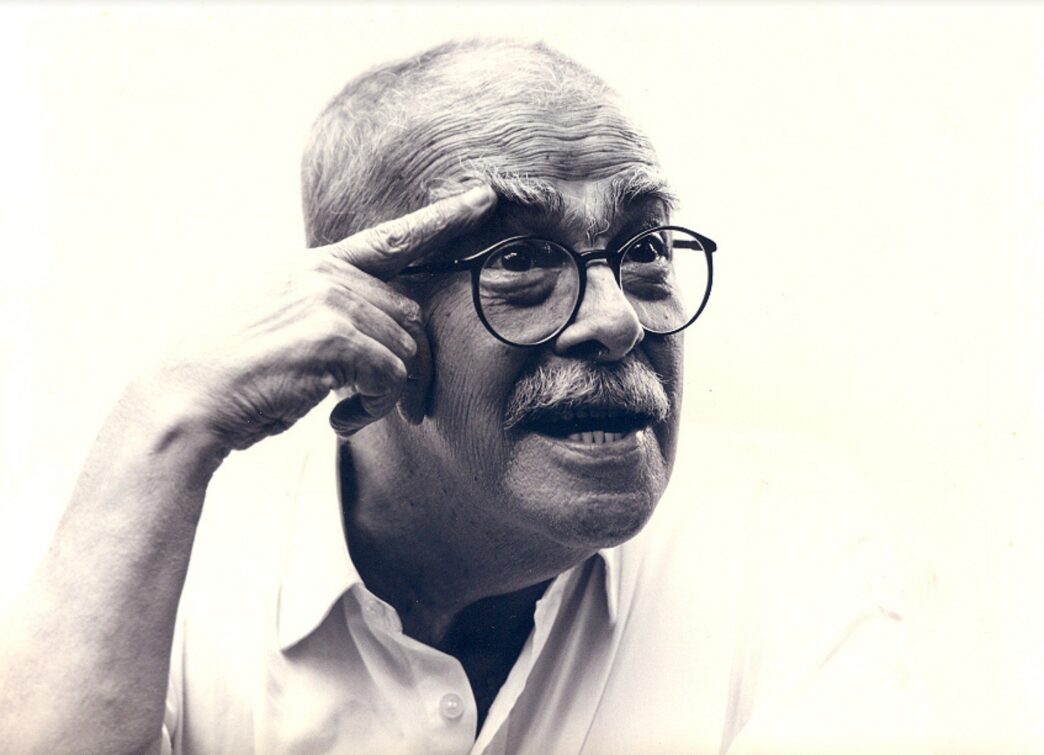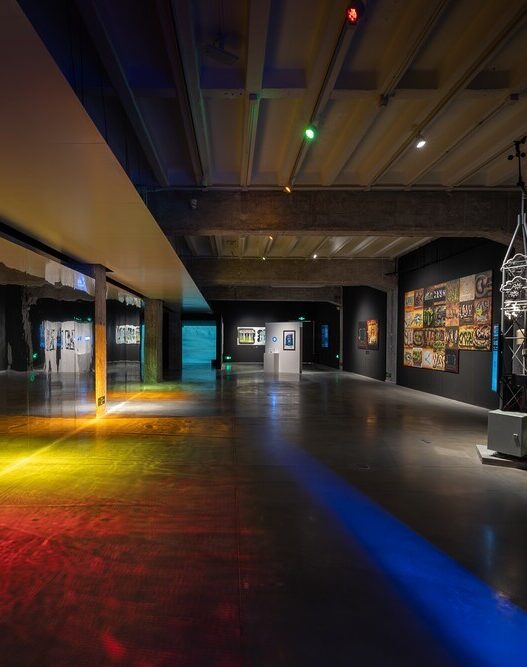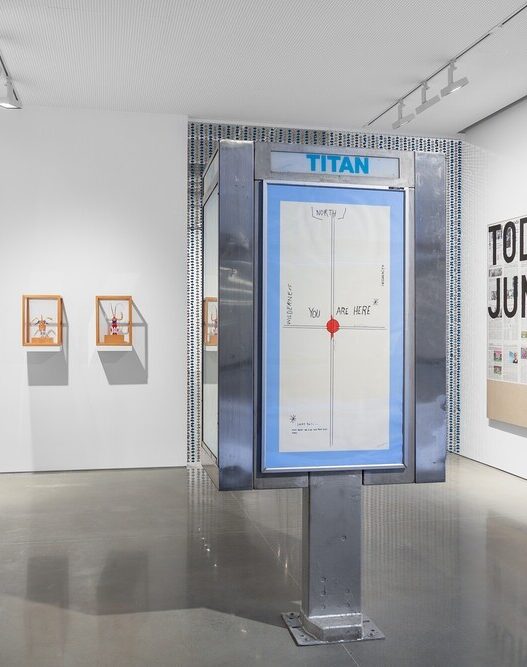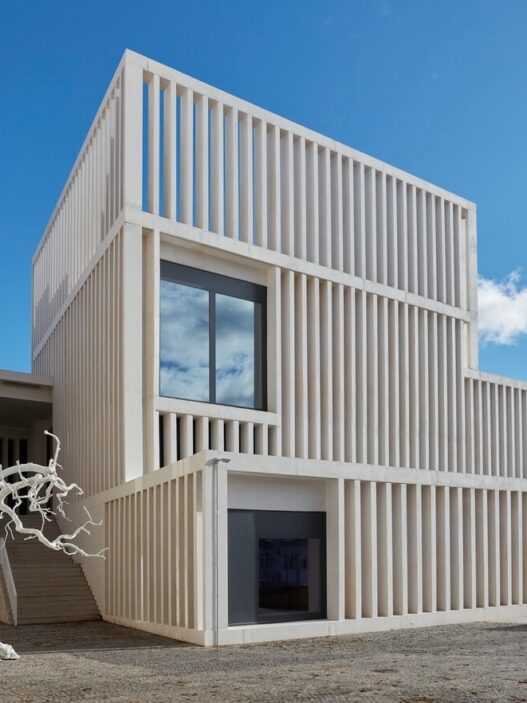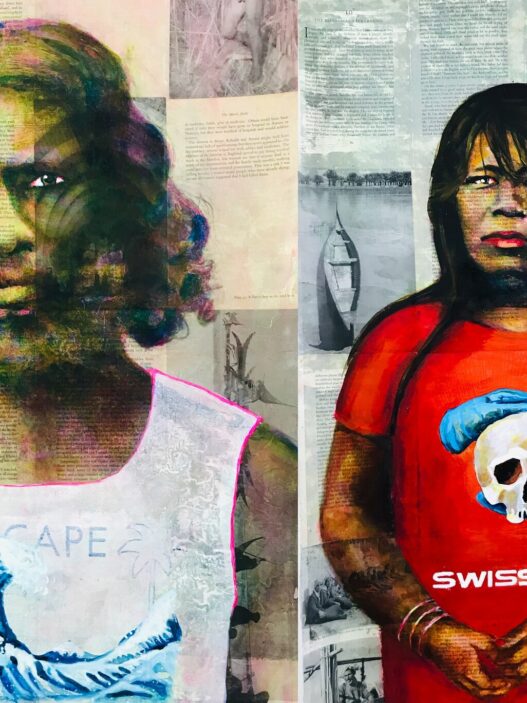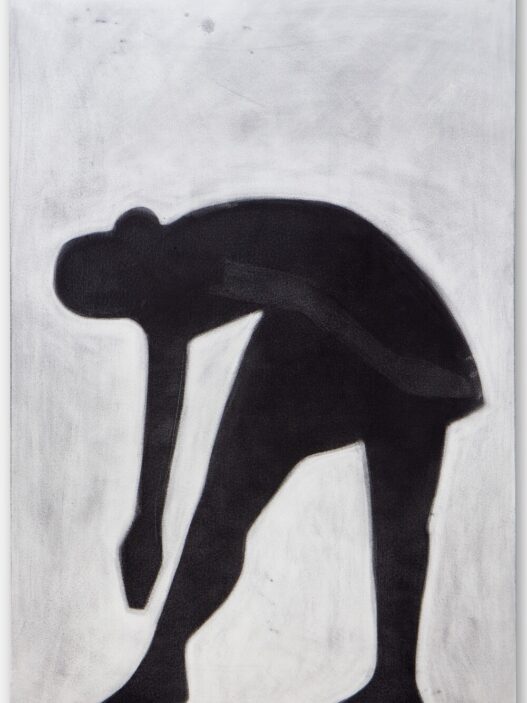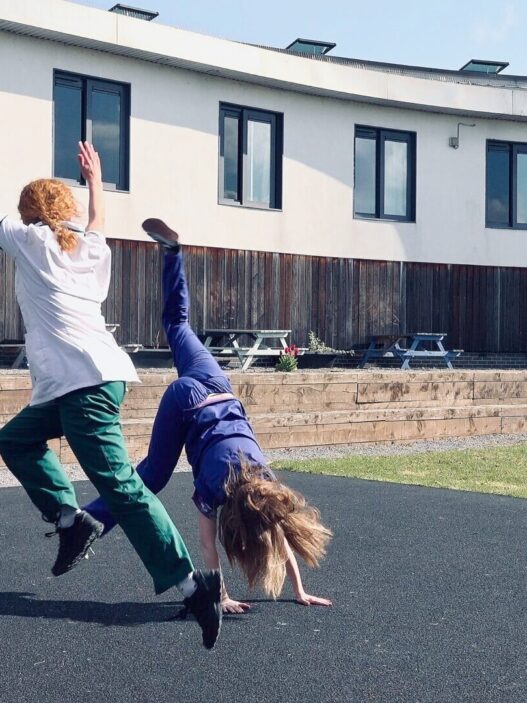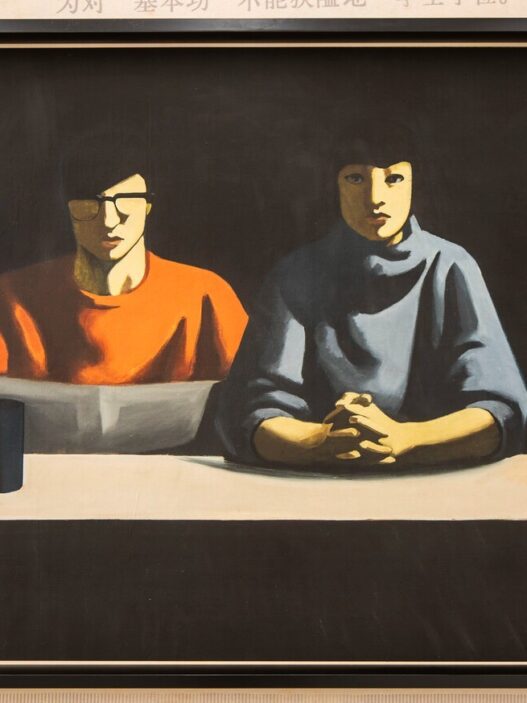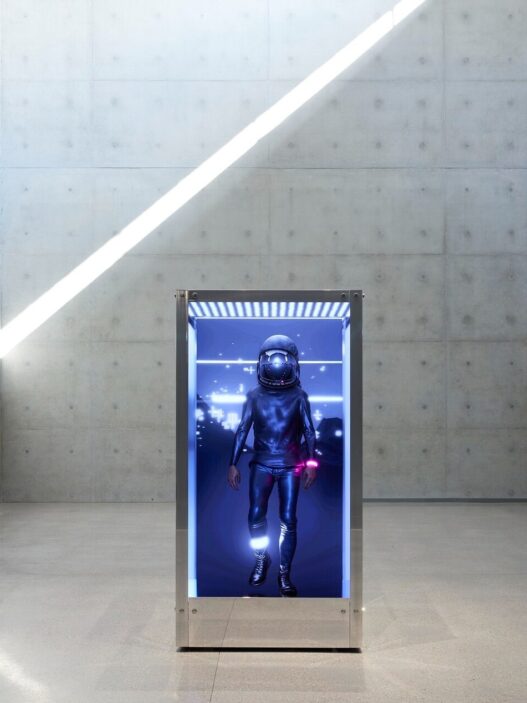Sesc São Paulo is revisiting Darcy Ribeiro's legacy and holding the exhibition Utopia brasileira—Darcy Ribeiro 100 anos (Brazilian Utopia—Darcy Ribeiro 100 Years), In the year marking the 100th anniversary of his birth from November 17, 2022 to June 25, 2023.
Ribeiro declared in a lecture given at Sorbonne University in Paris after obtaining an honorary doctorate from that university in 1979: “I failed at everything I attempted in life. I tried to teach Brazilian children to read and write, I wasn’t able. I tried to save the Indians, I wasn’t able. I tried to make a serious university and failed. I tried to make Brazil develop autonomously and failed. But those failures are my victories. I would hate to be in the place of who defeated me.”
This statement reflects the humility as well as the scope of this man’s actions, who was one of Brazil’s greatest thinkers and who continues to wield significant influence on intellectual production concerning the social formation of Brazil and Latin America—and its profound racial and demographic inequalities.
Ribeiro, an ethnologist, writer, and educator, also served in government, including as a federal senator representing Rio de Janeiro (1991-1997) and as Brazil’s minister of education (1962–1963). He was furthermore the founder of University of Brasília (1962), an important public Brazilian university, and the creator of the Xingu National Park (today Xingu Indigenous Park), the largest demarcated indigenous territory in Brazil, which includes 14 ethnicities, besides having been responsible for the founding of other landmarks of cultural heritage, such as the Museu do Índio, the Memorial da América Latina, the Monumento ao Zumbi dos Palmares and the Sambódromo do Rio de Janeiro. This exhibition, on display at Sesc 24 de Maio, revisits Ribeiro’s intellectual and political legacy from a prospective perspective, highlighting his work in public education and indigenous peoples protection.
On the exhibition space’s perimeter, the strength of his thought and work will be displayed from four perspectives that transmit his legacy: anthropologist, educator, politician, and Brazilian essayist and thinker. These nucleus will include movies, Darcy’s collection of indigenous feathers, images, artefacts, documents, literary works, unpublished original letters, and a timeline.
Throughout the exhibition’s duration, there will be a series of seminars, debates, and lectures that will engage with Ribeiro’s life and work. These initiatives will be carried out by the political education group Coletivo 3palitos, which aims to increase youth and adult participation in institutional politics. The educational aspect of the project is also reflected in accessibility resources, such as a tactile floor and map, an audio guide with audio description, a video guide in Brazilian sign language with captions for the hearing impaired, and other tactile resources—such as reproductions of artworks—created in collaboration with people with disabilities.
Sesc 24 de Maio
Rua 24 de Maio
São Paulo-
Brazil




